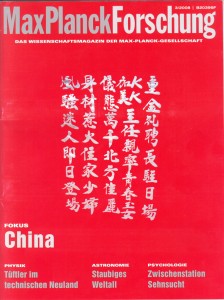In president, out president, fake president
On Dec. 1, ABC News published the "excerpted transcript of Charlie Gibson's interview with President George Bush and First Lady Laura Bush at Camp David", along with some video clips of parts of the interview. The "transcript" is here, and the video clip containing the passage discussed below is here.
Here's the audio of one linguistically fascinating Q&A, along with my transcription:
Audio clip: Adobe Flash Player (version 9 or above) is required to play this audio clip. Download the latest version here. You also need to have JavaScript enabled in your browser.
Gibson: Do you feel in any way responsible for what's happening?
Bush: You know, I'm in president during this period of time but I think
uh when the history of this period is written people will realize
a lot of the decisions
uh that were made on Wall Street
took place over
you know a- a decade or so, before I arrived in president, during I arrived in president.
I'm sorry it's happening of course, obviously
I don't like the idea of people
losing jobs or being worried about their 401Ks.
On the other hand, the American people got to know that-
that uh we will safeguard the system, I mean
we're in, and if we need to be in more, we will.
What I want to focus on here is the expression "in president", which occurs three times in this answer.
Read the rest of this entry »



